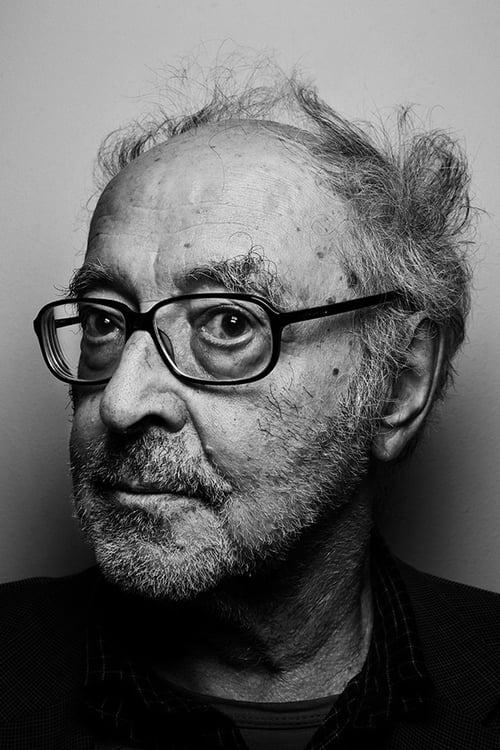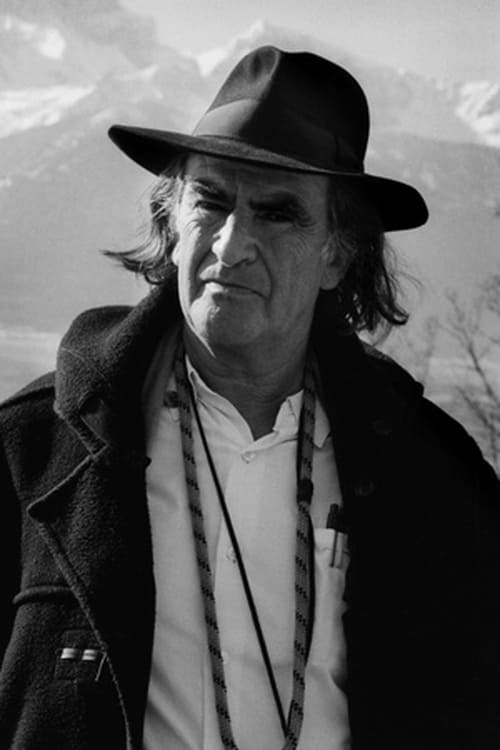A Film Like Any Other (1968)
Genre : Documentary
Runtime : 1H 48M
Director : Jean-Luc Godard
Synopsis
An analysis of the social upheaval of May 1968, made in the immediate wake of the workers’ and students’ protests. The picture consists of two parts, each with with identical image tracks, and differing narration.
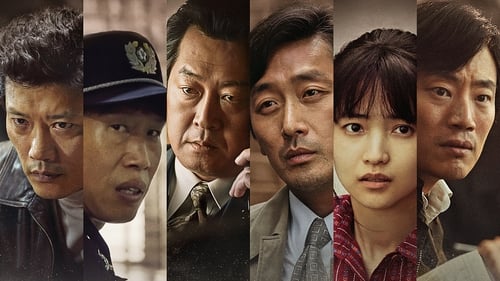
In 1987 Korea, under an oppressive military regime, a college student gets killed during a police interrogation involving torture. Government of officials are quick to cover up the death and order the body to be cremated. A prosecutor who is supposed to sign the cremation release, raises questions about a 21-year-old kid dying of a heart attack, and he begins looking into the case for truth. Despite a systematic attempt to silence everyone involved in the case, the truth gets out, causing an eruption of public outrage.
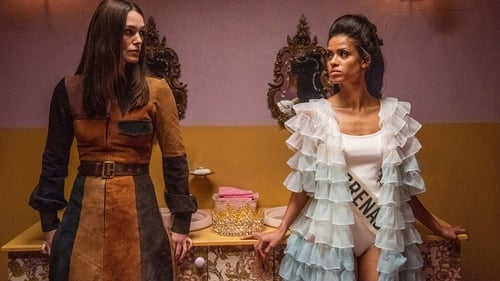
A group of women involved in the Women's Liberation Movement hatched a plan to invade the stage and disrupt the live broadcast at the 1970 Miss World competition in London, resulting in overnight fame for the newly-formed organization. When the show resumed, the results caused an uproar and turned the Western ideal of beauty on its head.

When a western Pennsylvania auto plant is acquired by a Japanese company, brokering auto worker Hunt Stevenson faces the tricky challenge of mediating the assimilation of two clashing corporate cultures. At one end is the Japanese plant manager and the sycophant who is angling for his position. At the other, a number of disgruntled long-time union members struggle with the new exigencies of Japanese quality control.
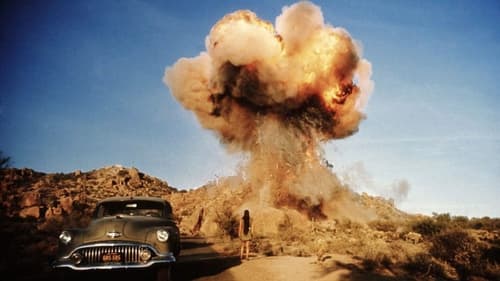
Anthropology student Daria, who's helping a property developer build a village in the Los Angeles desert, and dropout Mark, who's wanted by the authorities for allegedly killing a policeman during a student riot, accidentally encounter each other in Death Valley and soon begin an unrestrained romance.
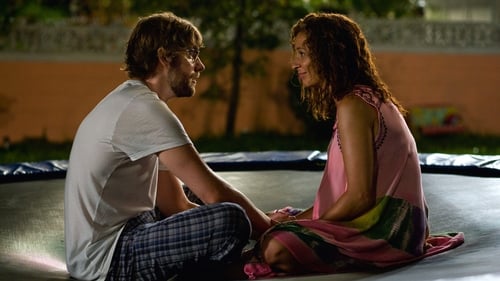
Verona and Burt have moved to Colorado to be close to Burt's parents but, with Veronica expecting their first child, Burt's parents decide to move to Belgium, now leaving them in a place they hate and without a support structure in place. They set off on a whirlwind tour of of disparate locations where they have friends or relatives, sampling not only different cities and climates but also different families. Along the way they realize that the journey is less about discovering where they want to live and more about figuring out what type of parents they want to be.
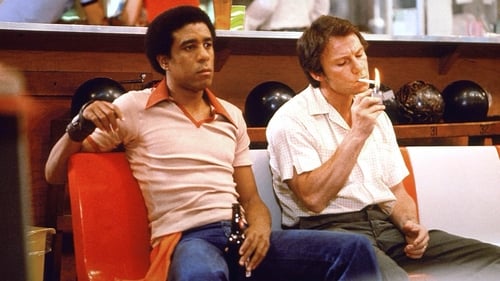
Fed up with mistreatment at the hands of both management and union brass, and coupled with financial hardships on each man's end, three auto assembly line workers hatch a plan to rob a safe at union headquarters.
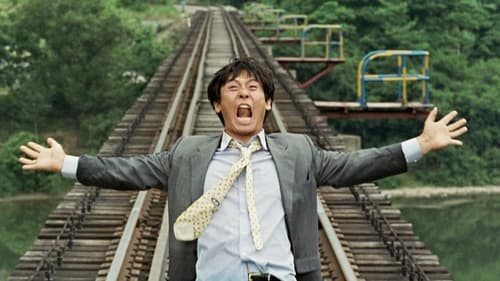
In the spring of 1999, a group of old friends gather to celebrate their 20 year reunion. Among the group is Yeong-ho, a cold, unhappy man, whose demeanor puts a damper on the festivities. The seriousness of Yeong-ho's depression becomes apparent when he climbs a railroad bridge and looks like he might jump. At this crucial moment, memories of seven crucial episodes from Yeong-ho's past flood his mind.
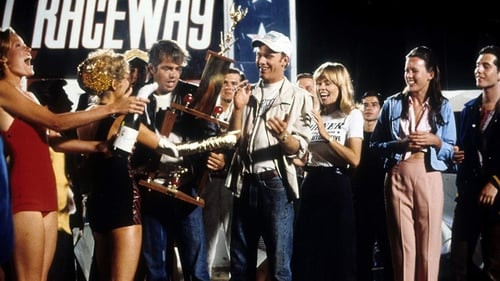
College graduates deal with Vietnam and other issues of the late '60s.

When the Chinese Communist Party backtracks on its promise of autonomy to Hong Kong, teenager Joshua Wong decides to save his city. Rallying thousands of kids to skip school and occupy the streets, Joshua becomes an unlikely leader in Hong Kong and one of China’s most notorious dissidents.
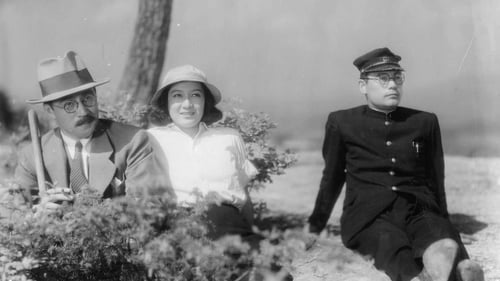
Yukie, the well-bred daughter of a university professor, is shocked when her father is relieved of his post for his political teachings during a purge of anti-militarism in pre-war Kyoto. Years go by as she is courted by two of her father's former students; one a fiery leftist, the other more moderate and equable.
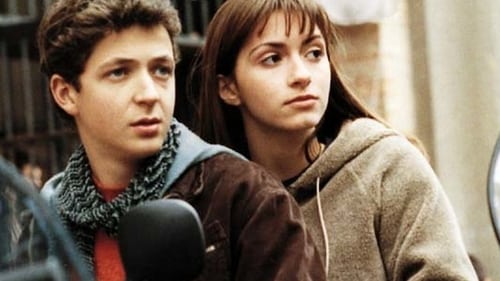
Teenage problems intertwine during the occupation of a high school in Rome. Silvio – much like his peers desperate to lose his virginity – wants to make his move on the girl he likes, despite her being already his friend's girlfriend, not knowing that her best friend harbors feelings for him – while clashing also with his parents, former 1968 protesters who look down on the kids' aimless political commitment.

David Gelb (Jiro Dreams of Sushi) tackles another venerable, beloved, and long-standing institution: the Mustang, crown jewel of the Ford fleet. Only this institution is in turmoil. As the fiftieth anniversary of the Mustang approaches and the car industry struggles through the deepest trough of the financial crisis, Ford launches a redesign. Now the jobs of workers at Ford’s Flat Rock Assembly Plant, the expectations of the thousands of Mustang devotees, and the livelihood of the city of Detroit are all placed squarely on the shoulders of Dave Pericak. As chief program engineer, he will guide the 2015 Mustang from assembly floor to showroom—if only he can get that vibration out of the steering wheel.

As Mexico prepares to host the 1968 Olympics, students and civilians are uniting on the streets to protest the authoritarian government. Tensions are running high and the eyes of the world are on Mexico and President Gustavo Diaz Ordaz. Ana Maria, a student photographer and daughter of a high-ranking official, finds herself embroiled in the movement and is swept off her feet by Félix, a working-class architecture student. This film remembers the events that led to one of the darkest chapters in Mexico’s recent history: the massacre at Tlatelolco, 10 days before the opening of the Olympic Games.
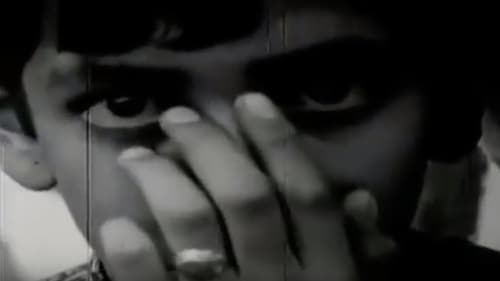
In the summer of revolt 1968, student Leobardo López Aretche captured the protests in Mexico City, and the state’s brutal response, up close – and like many of his subjects and fellow comrades, would pay a high price for his audacity. Fifty years later, his movie is no longer a secret.
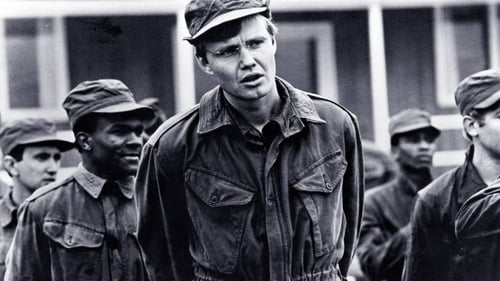
"A", a member of a student protest organization, becomes disenchanted by his group's inability to effect real change. Emboldened to pursue more radical methods by the older, experienced leftist organizer Despard, "A" unwittingly becomes party to a labor strike that turns violent. Ultimately held responsible by the authorities for the fracas, "A" allies himself with terrorist Leonard, who intends to avenge those jailed in the protest.
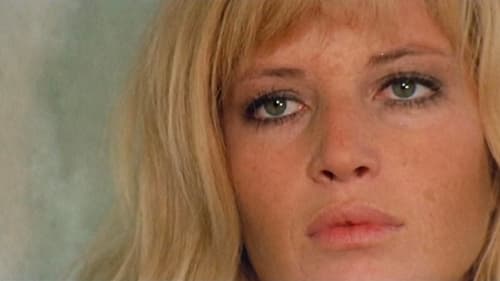
Barbara (Monica Vitti) is a journalist investigating the local counterculture who becomes involved, after an unpleasant start of battery and stalking, with Pierre Clémenti's louche all-around dropout.

Andrea Pomeraro, a history teacher, has an affair with a student who then blackmails him. Attempting to retrieve the incriminating photos, he accidentally becomes the head of the student revolt and ends up in jail.
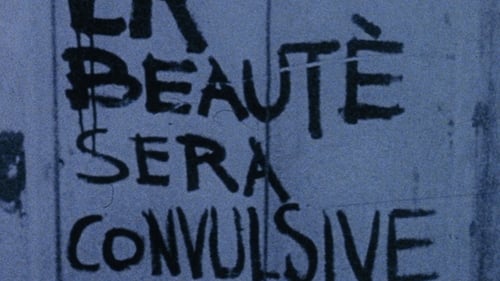
An analysis of the social upheaval of May 1968, made in the immediate wake of the workers’ and students’ protests. The picture consists of two parts, each with with identical image tracks, and differing narration.

The film speaks of student demonstrations in Belgrade, 1969 and of the critical quality, enthusiasm and discipline of this form of protest. It was the most powerful public criticism of "red bourgeoisie" - members of communist apparatus, who suppressed creativity and affirmation of new generations throughout Eastern block.

In this story set in near future, a group of young rebels, hippies and 1968 protesters want to cede and make an independent Island from the Mainland. A journalist who came to the Island to make a report about political summit that takes place there gets involved in the clash between young rebels and establishment.

